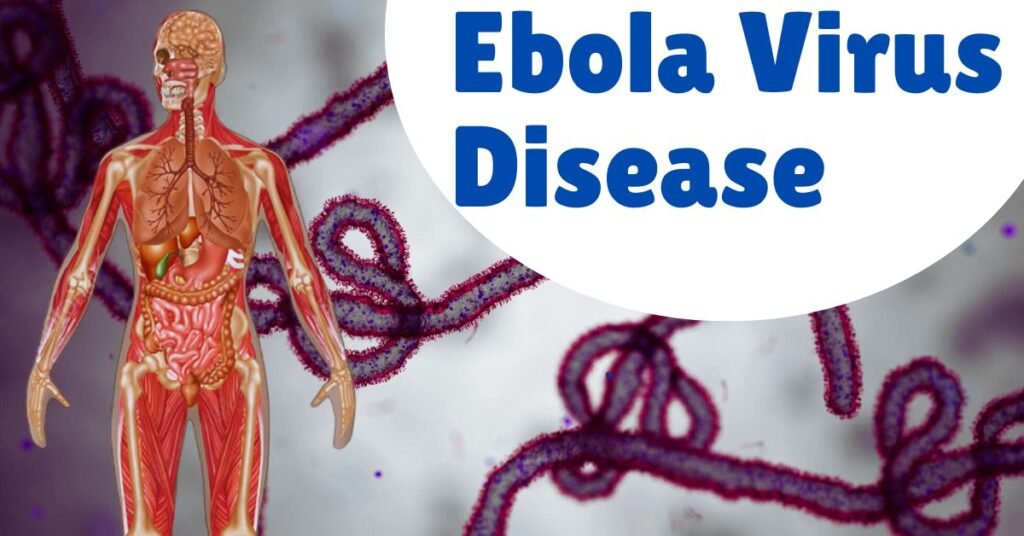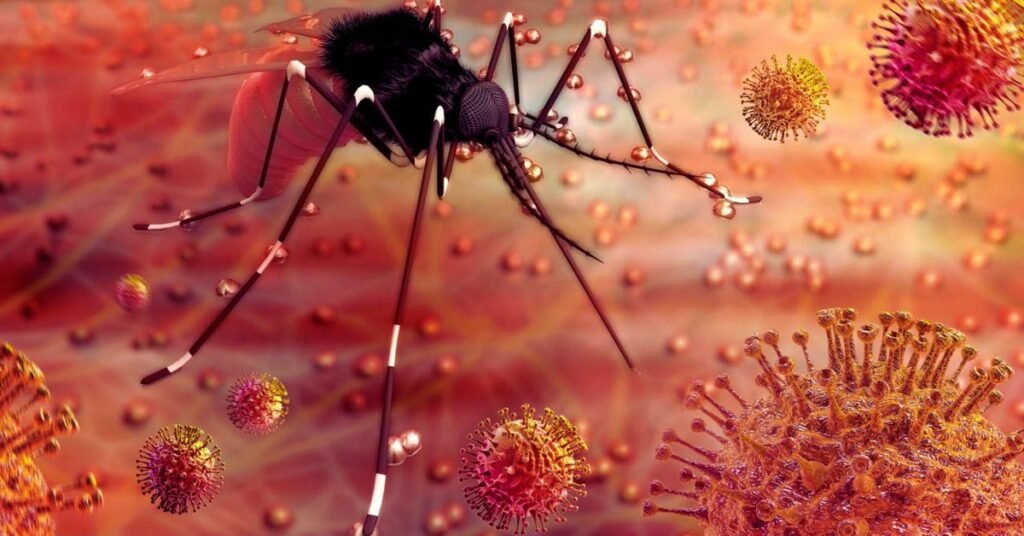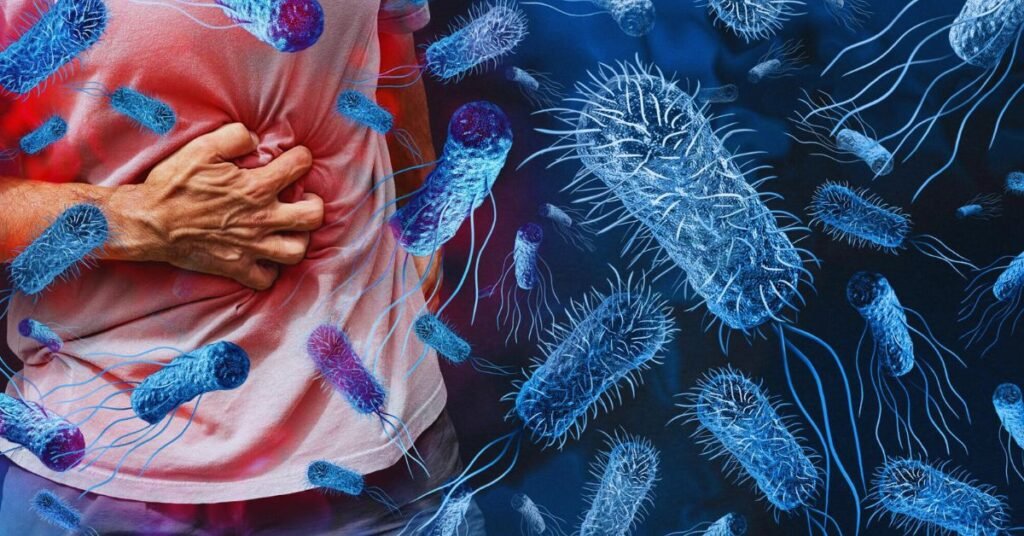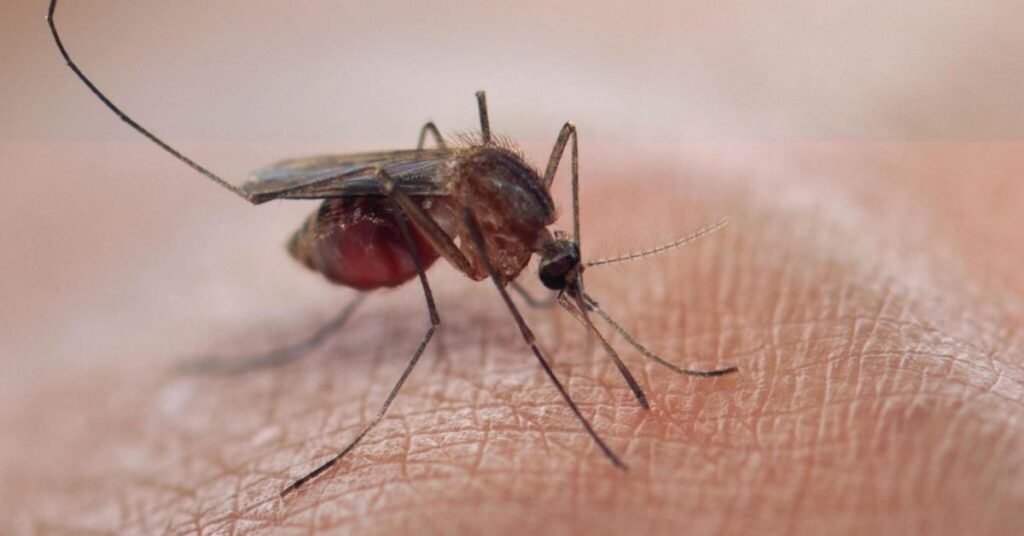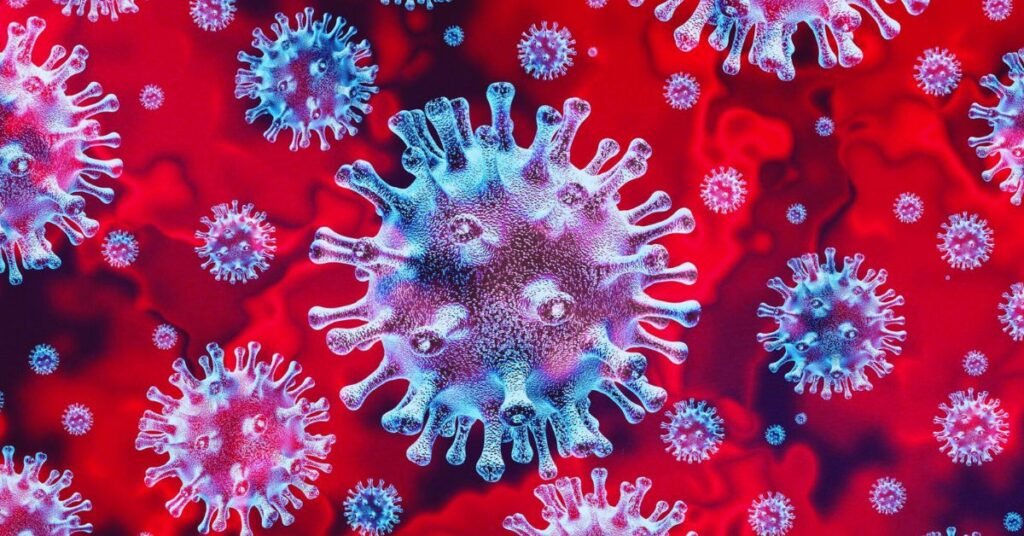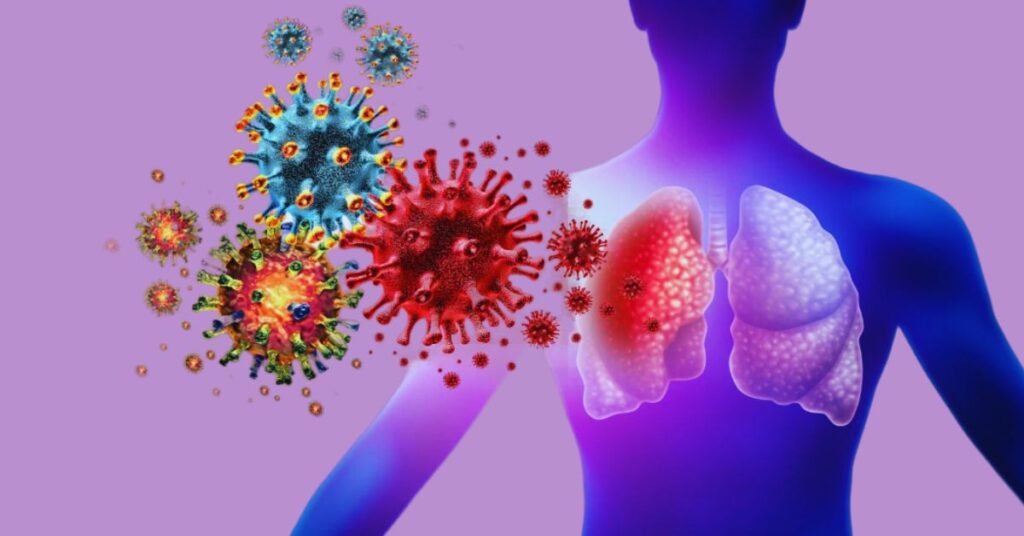Ebola Virus Disease
Ebola virus disease (EVD), also known as Ebola hemorrhagic fever, is a severe and often fatal illness in humans. It is caused by infection with the Ebola virus, which belongs to the family Filoviridae. EVD was first identified in 1976 during simultaneous outbreaks in Nzara, South Sudan, and Yambuku, Democratic Republic of Congo (formerly Zaire), with the latter outbreak occurring near the Ebola River, from which the disease takes its name.
Ebola Virus Disease Read More »

